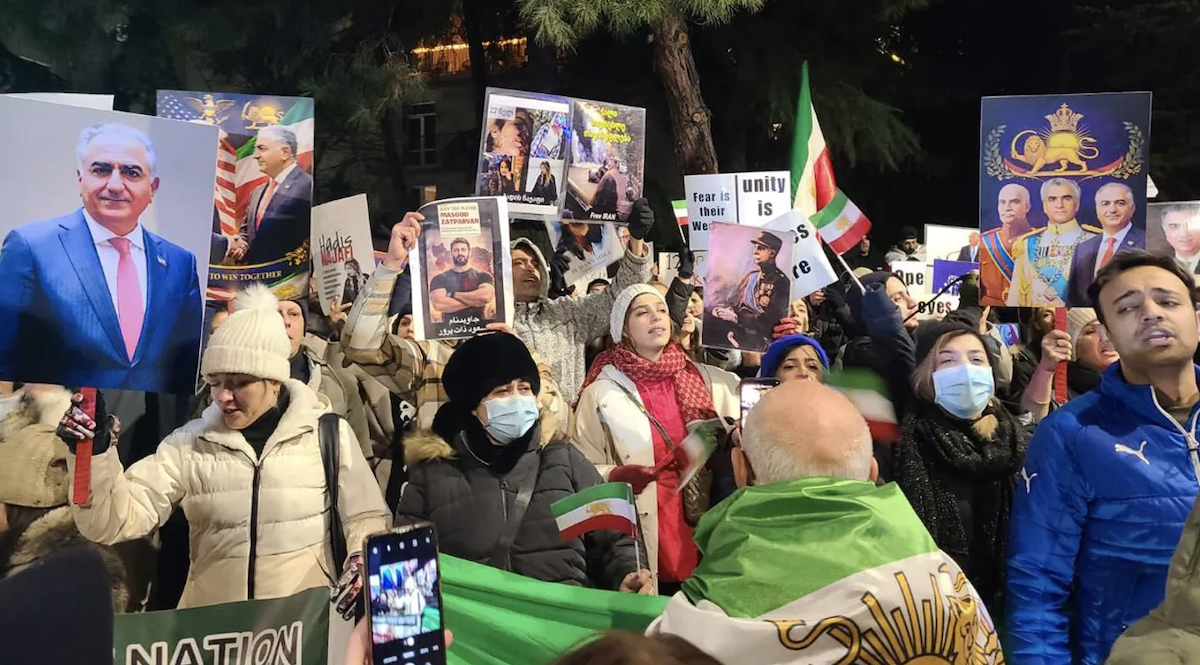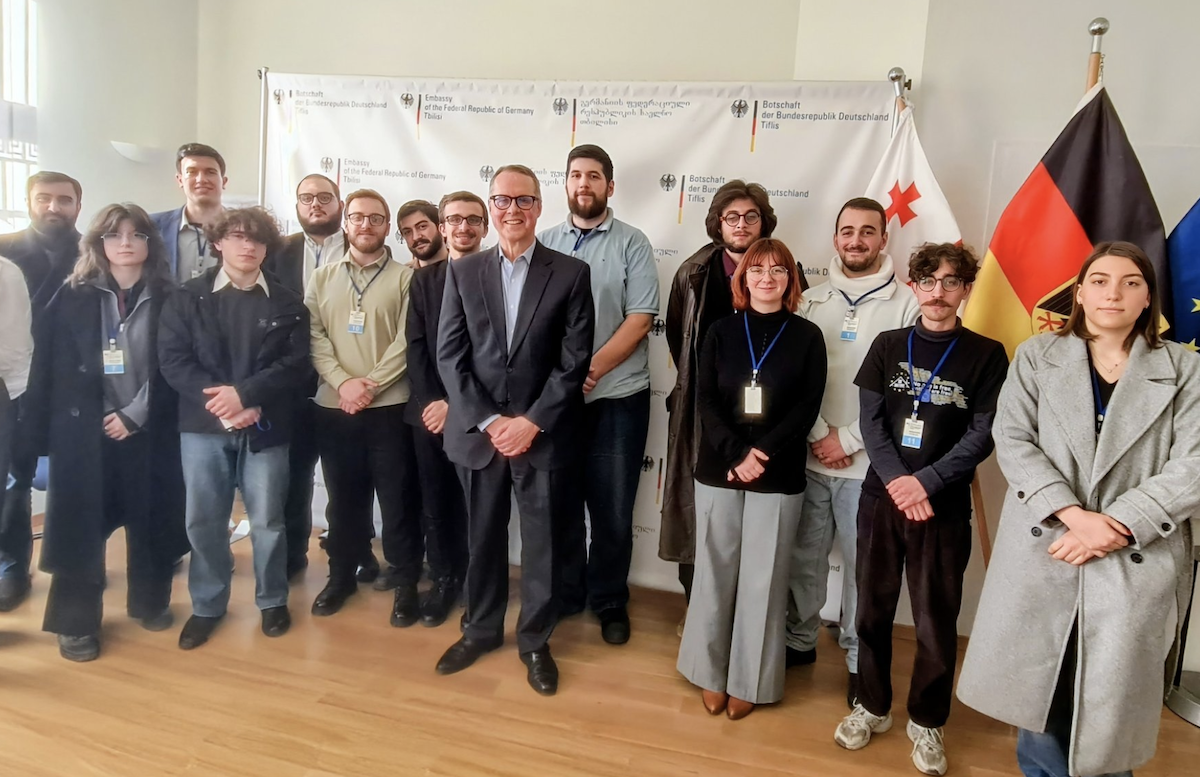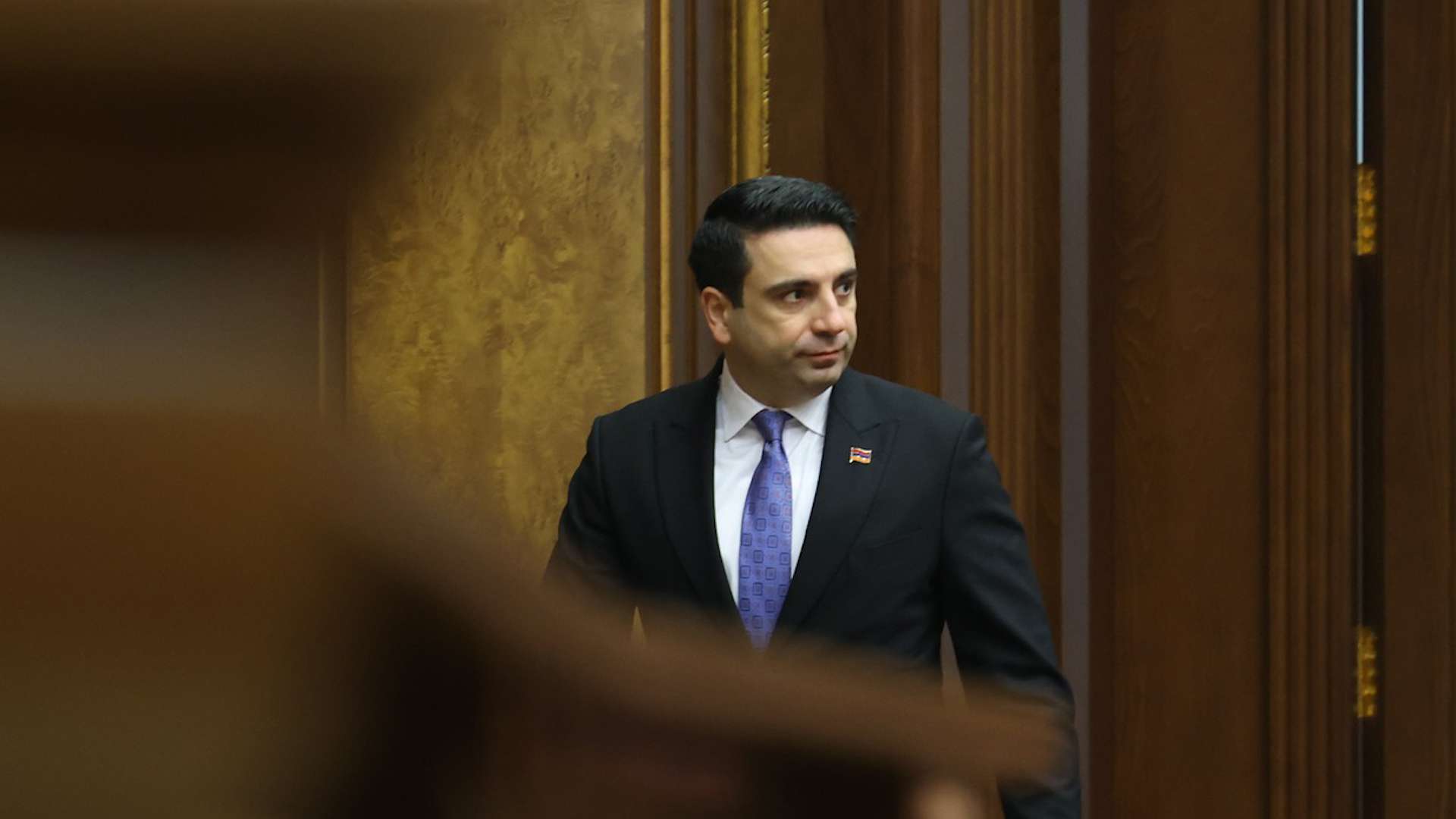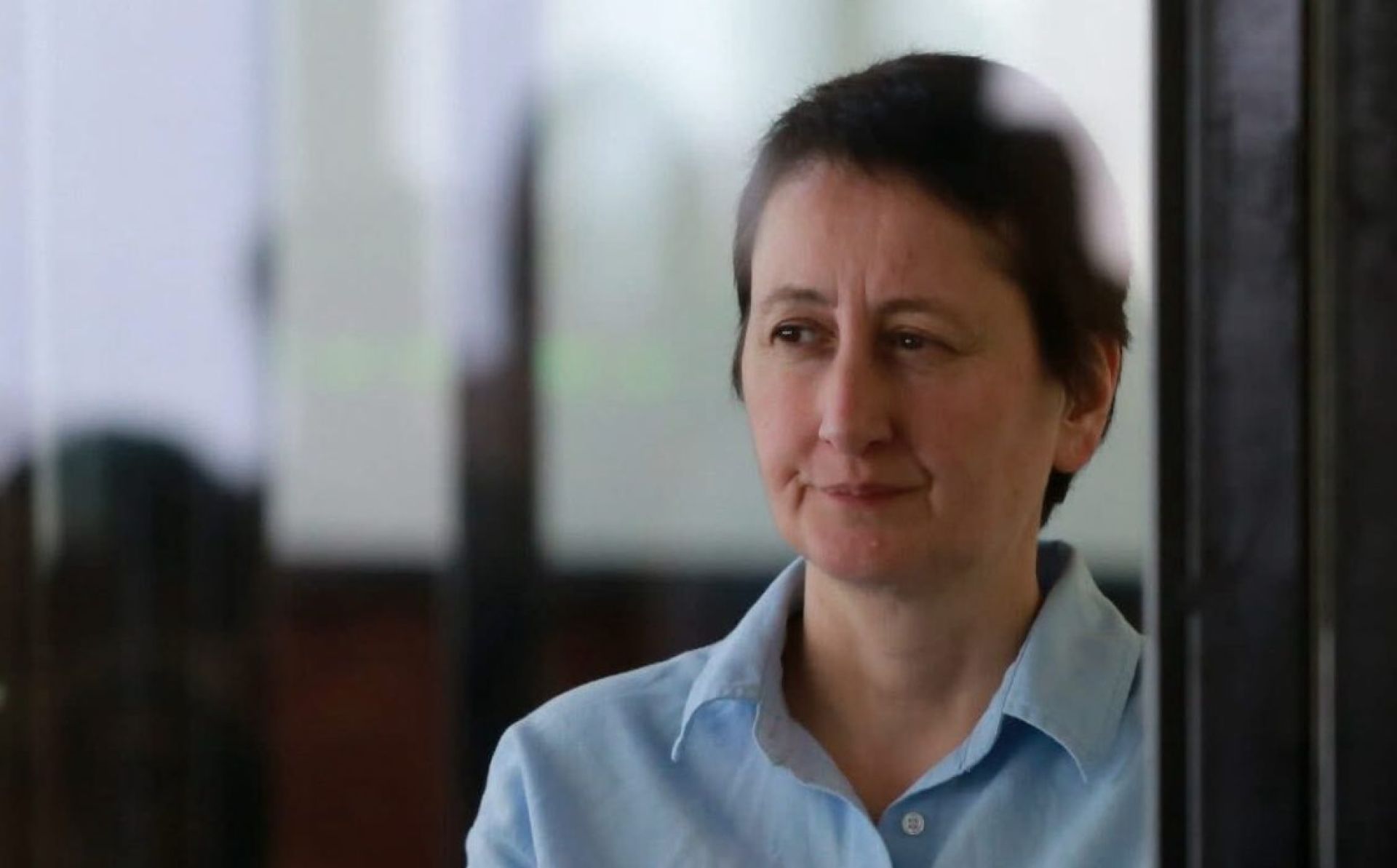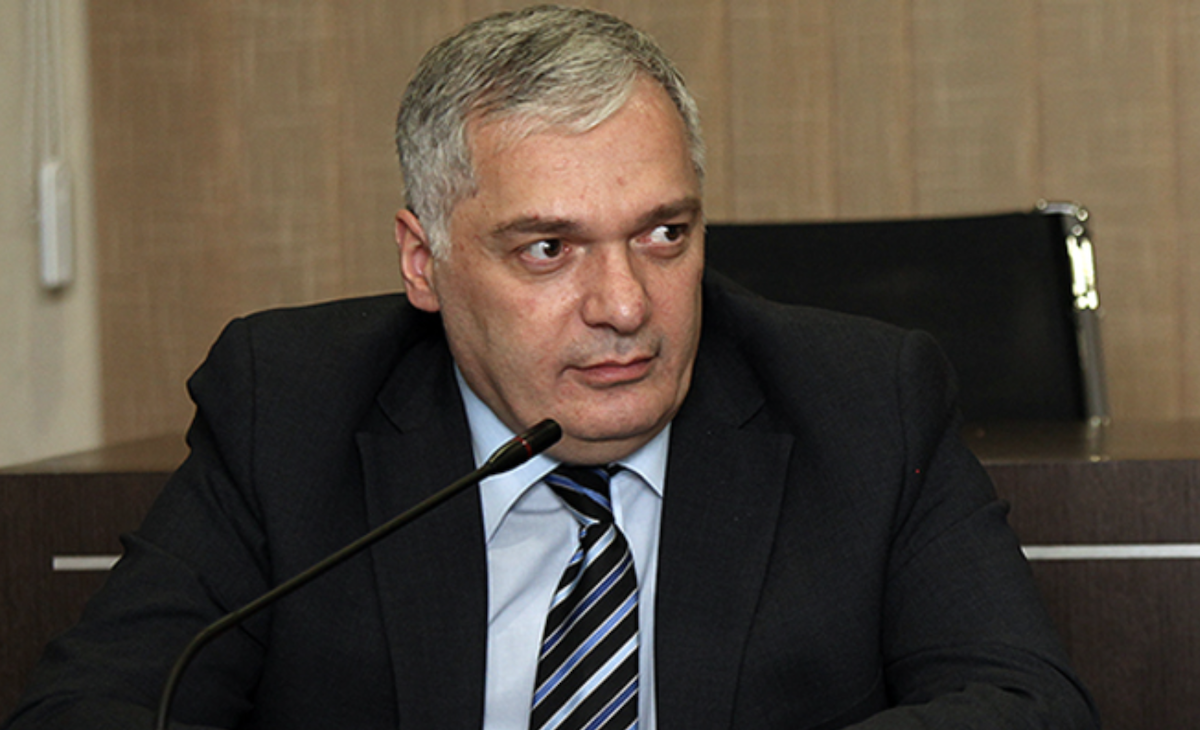What is the Istanbul Convention and why does Azerbaijan need it?
The problem of violence against women in Azerbaijan has made its way more and more onto the public agenda in recent years, although the coronavirus and the war in Karabakh in 2020 pushed it back.
Azerbaijan ranks 94th among 153 countries in the world according to the World Economic Forum’s 2020 gender inequality index:
The authorities say they are doing everything possible to prevent cases of violence and femicide, but local activists say the state should sign and ratify the Istanbul Convention, the implementation of which is the only effective means to combat this problem.
How will the Istanbul Convention help Azerbaijani women and why has not it been ratified yet?
“You will belong either to me or to the land,” Izzyat Huseynov said to Aytaj Babaeva when she admitted that she did not love him and would marry someone else. Izzyat fulfilled his threat by stabbing her 8 times. This took place on April 29, 2015.
October 7, 2019, Baku. The husband of Leyla Abdullaeva, a mother of three children, stabbed her twenty times.
On October 9, in Baku, 36-year-old Javakhir Akbarova was killed by her husband with dumbbells.
In 2018, 42 women were killed on domestic soil in Azerbaijan and 873 cases of domestic violence were recorded.
According to the State Statistics Committee, in 2019, 1038 cases of domestic violence against women were registered in Azerbaijan, 37 of which ended in murder.
Only two women filed a complaint with the police about the threat of murder or grievous bodily harm from their partner, although, as a rule, the number of such statements should exceed the number of already committed acts of violence.
However, even these figures raise questions, since according to the Azerbaijani mentality, it is unacceptable for a woman to “wash dirty linen in public”. In some cases, police officers hold the same views and therefore refuse to help the victim.
Domestic violence in Azerbaijan is often perceived as a kind of “natural phenomenon”. So-called “honor killing” is widespread – revenge for “inappropriate behavior and bringing shame on the family.” Women suffer psychological violence and beatings from grooms, husbands, fathers, brothers, father-in-law or mother-in-law – and therefore, in the overwhelming majority of cases, the police do not go to the police. Most often only brutal murders reach the court and news resources. Reports of domestic violence usually cite “family conflict” as the motive.
What is the Istanbul Convention and how does it work?
The Istanbul Convention is an agreement of the Council of Europe against violence against women and domestic violence. It has been open for signature since May 11, 2011. The convention sets out the measures that the state must take in order to ensure equality of women and men, to protect women and girls from all forms of violence.
The provisions of the convention are aimed not only at protecting women, but all victims of domestic violence. However, taking into account that, according to official statistics, in 2018, 74 percent of victims of domestic violence in Azerbaijan were women, the adoption of the Convention should first of all help them.
In order for the convention to come into force, it needs to be ratified by the country’s legislature. The convention was signed by 46 countries and the European Union and ratified by 34 countries, but Azerbaijan still has not signed the document.
Azerbaijan has a law on the prevention of domestic violence, which was adopted in 2010. However, in practice, this law is not applied, because the state authorities often assess domestic violence as a “family matter”.
If the Istanbul Convention is ratified, the matter will not be limited to the creation of a separate law “on paper”.
A concrete action plan will be approved and the state will have to introduce into the legislation such concepts as “psychological violence”, “forced marriage” (which many consider a natural phenomenon in Azerbaijan) or “forced abortion”. This means that the law will have to protect women in all those cases that were previously considered the norm.
We will also have to keep official statistics on gender crimes. Countries that ratify the instrument commit to providing funding and human resources to implement relevant policies, as well as creating hotlines and shelters for victims.
In addition, unlike national plans on gender, which are periodically adopted by the state, but not monitored, upon ratification of the Istanbul Convention, Azerbaijan will have to report at the international level and cooperate with an independent expert group that will monitor the work done.
How do society and the state relate to the Istanbul Convention?
The Azerbaijani society knows little about the Istanbul Convention, since the state is not interested in its popularization and this topic is practically not discussed in the traditional media.
The main complaint of the informed public is the points regarding the rights of the LGBT community in Azerbaijan. Not all fighters for women’s rights in Azerbaijan also care about the rights of LGBT people.
Conservative opponents believe that the convention is aimed at destroying the traditional foundations of society and is imposed from outside. This position coincides with the official course of the government – even President Ilham Aliyev said in one of his speeches that Azerbaijan does not need integration into Europe, in which “it is impossible to distinguish a man from a woman.”
When it comes to problems of domestic violence, officials usually state that the work of state structures is sufficient to solve them, and everything is under control.
Taliya Ibragimova, head of the department for legal support of the State Committee for Family, Women and Children, said that without economic independence, the problem of gender equality will always be relevant and therefore the state supports medium and small business among women.
The representative of Azerbaijan in PACE Samed Seyidov, speaking about the Istanbul Convention, said that Azerbaijan does not sign international documents without considering all aspects of their harmonization with local legislation. As for the Istanbul Convention, Azerbaijan has always adhered to the principle of gender equality.
Why is the Istanbul Convention not accepted and is there any hope that they will?
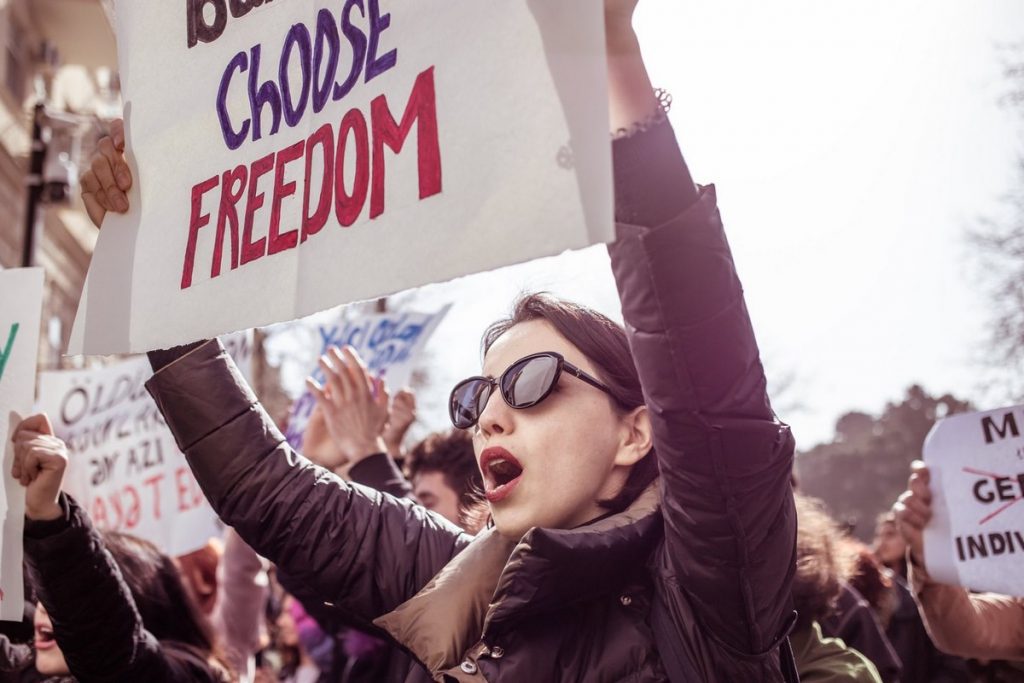
Agitation for the adoption of the Istanbul Convention in Azerbaijan is mainly carried out by members of the feminist movement. It emerged about two years ago as a response to the deteriorating situation of women’s rights. In turn, it is often through the efforts of feminists that society’s attention is drawn to this problem.
Over the course of two years, from 2018 to 2020, they held three promotions. Two of these were traditional March 8th promotions. Another was held spontaneously on October 20, after 12 cases of violence against women were recorded in the first week of October alone, four of which resulted in the death of the victims.
After this action, the UN called on Azerbaijan to immediately sign the Istanbul Convention. The very next day, the State Committee for Women, Family and Child Affairs issued an official message on the preparation of Azerbaijan’s accession to the Istanbul Convention.
However, members of the feminist movement are suspicious of the government’s statements.

“The Azerbaijani government has never tried to do at least something for the good of the people, and this is not only about the Istanbul Convention,” feminist Gulnara Mehdiyeva said. – The worse people live, the less they are interested in politics, and are only occupied with their own problems. A woman who is unable to protect herself from her husband, brother or father will not come into conflict with the state. Let’s not forget that women make up more than half of the country’s population. And the current government is not profitable to allow them to get at least some freedom. I have no hope that the law will ever be adopted. Only if there is pressure from Europe ”.
Information about cases of domestic violence began to appear more and more often in the local media. Some see this as a wake-up call that the problem is on the rise, while others think it is a positive trend, signaling a shift from the dead center where domestic violence is already becoming visible to society.

Human rights activist Rovshan Rahimli believes that the Istanbul Convention is an excellent mechanism for combating domestic violence and if Azerbaijan wants to deal with this in a quality manner, then of course it must accept it: “The Convention strengthens legislation, eliminates gaps in the law, changes and forms relations. One of the important obligations of the state is to combat stereotypes. “
Rahimli admits that despite long discussions, no real steps have been taken in this direction, but there are still reasons for optimism: “I assume that at least by the end of 2021, Azerbaijan will sign the Istanbul Convention. Thus, one of the recommendations of the Committee on the Elimination of All Forms of Discrimination against Women in 2018 was related to joining the Istanbul Convention, and Azerbaijan accepted these recommendations. In addition, according to the information I have, the State Committee for Family, Women and Children has prepared a draft National Action Plan with the support of the UN Population Fund, the project should be completed in the near future, ”she said.













